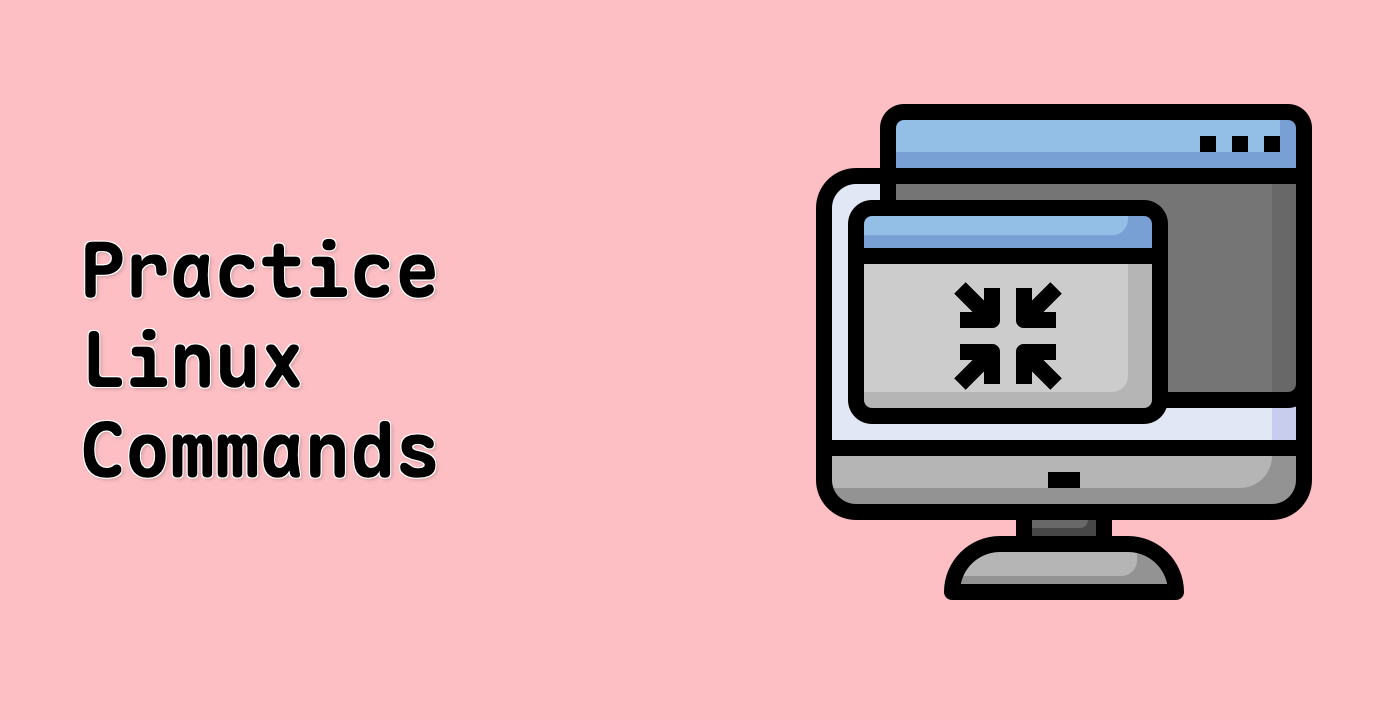Understanding Cron Jobs in Linux
Cron is a time-based job scheduler in Linux that allows users to execute commands or scripts at specified intervals. It is a fundamental tool for system administrators and developers to automate repetitive tasks, such as system backups, log file maintenance, and software updates.
In this section, we will explore the basics of cron jobs, including their purpose, structure, and how to create and manage them on a Linux system.
What are Cron Jobs?
Cron jobs are scheduled tasks that run automatically at specific intervals, such as every minute, hour, day, or month. They are managed by the cron daemon, a background process that continuously checks the system's crontab (cron table) for scheduled tasks and executes them accordingly.
Benefits of Using Cron Jobs
Using cron jobs offers several benefits for Linux users:
- Automation: Cron jobs automate repetitive tasks, saving time and reducing the risk of human error.
- Scheduling: Cron jobs can be scheduled to run at specific times or intervals, ensuring that critical tasks are performed consistently.
- Reliability: Cron jobs run independently, even when the user is not logged in, ensuring that important tasks are completed as scheduled.
- Flexibility: Cron jobs can be customized to run specific commands or scripts, allowing users to automate a wide range of tasks.
Cron Job Structure
A cron job is defined by a set of fields that specify the schedule and the command to be executed. The structure of a cron job is as follows:
* * * * * command_to_execute
- - - - -
| | | | |
| | | | +---- Day of the week (0 - 6) (Sunday to Saturday)
| | | +------ Month (1 - 12)
| | +-------- Day of the month (1 - 31)
| +---------- Hour (0 - 23)
+------------- Minute (0 - 59)
Each field can be set to a specific value, a range of values, or a special character (such as * to represent "all values").
Cron Job Examples
Here are some examples of cron jobs and their use cases:
-
Run a backup script every night at 2:00 AM:
0 2 * * * /path/to/backup.sh
-
Check for software updates every Sunday at 4:30 PM:
30 16 * * 0 /path/to/update_checker.sh
-
Clean up log files every hour on the 15th minute:
15 * * * * /path/to/log_cleanup.sh
These examples demonstrate how cron jobs can be used to automate various tasks on a Linux system.




